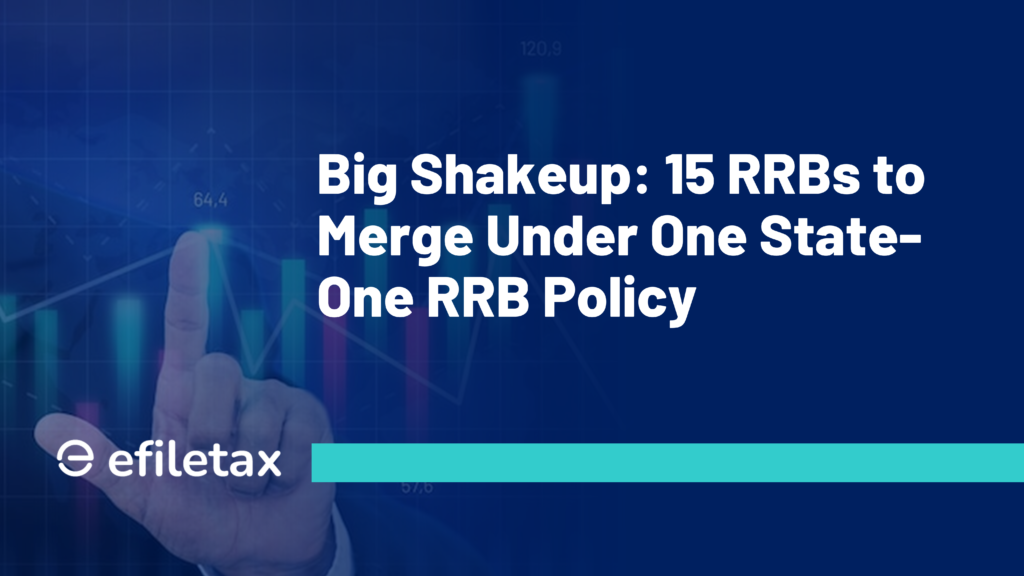
India’s RRB Landscape Is Changing Fast
The Finance Ministry has approved the merger of 15 Regional Rural Banks (RRBs) across 11 states, effective May 1, 2025. This major reform falls under the One State-One RRB policy, aimed at boosting operational efficiency, cutting costs, and strengthening rural banking.
Post-merger, the total number of RRBs in India will drop from 43 to 28 — a big structural change for the sector.
What is the One State-One RRB Policy?
The One State-One RRB policy was introduced to simplify the structure of rural banks and ensure better resource utilization.
Key Objectives:
- Consolidate multiple RRBs in a state into one strong entity
- Cut administrative and operational costs
- Improve service delivery in rural India
- Strengthen financial inclusion efforts
This policy aligns with the Government of India’s broader agenda of banking sector reforms.
States and RRBs Affected by the Merger
Here’s a snapshot of the major changes:
| State | Pre-Merger RRBs | Post-Merger Entity |
|---|---|---|
| Uttar Pradesh | 3 | 1 |
| Karnataka | 2 | 1 |
| Rajasthan | 2 | 1 |
| Odisha | 2 | 1 |
| Others (7 states) | 6 | 5 |
How Will This Impact Banking Services?
Positive Impacts:
- Wider branch networks across rural belts
- Stronger capital base leading to better loan disbursal
- Lower operational costs benefiting customers through better interest rates
- Faster technology upgrades (like mobile banking in villages)
- More efficient grievance redressal systems
Challenges to Watch:
- Potential transitional hiccups in account servicing
- Realignment of staff and systems might take a few months
Why This Reform Matters
The consolidation will help rural India access better, faster, and more modern banking services — crucial for India’s $5 trillion economy dream.
For taxpayers and small businesses, efficient RRBs mean quicker loans, smoother subsidy transfers, and better rural entrepreneurship support.